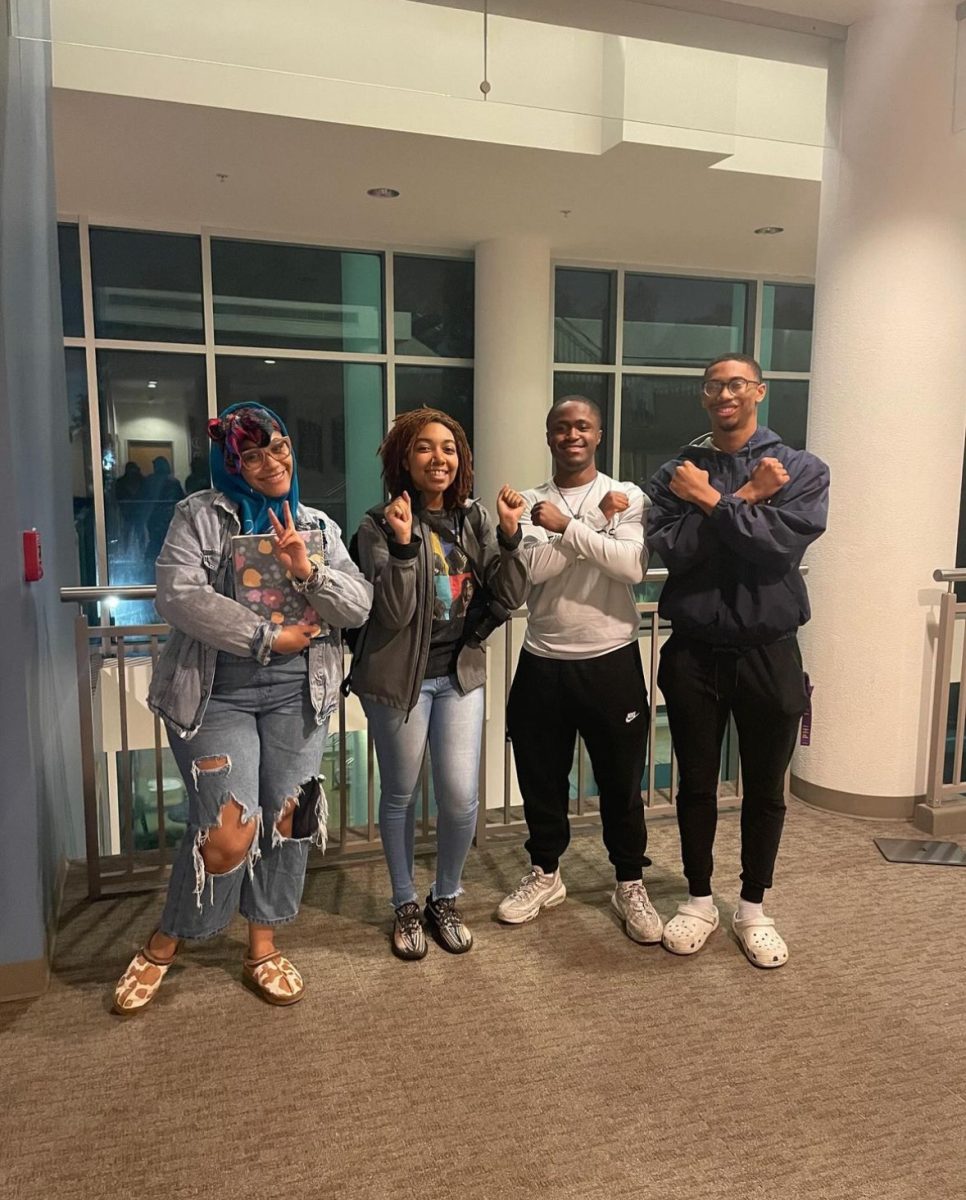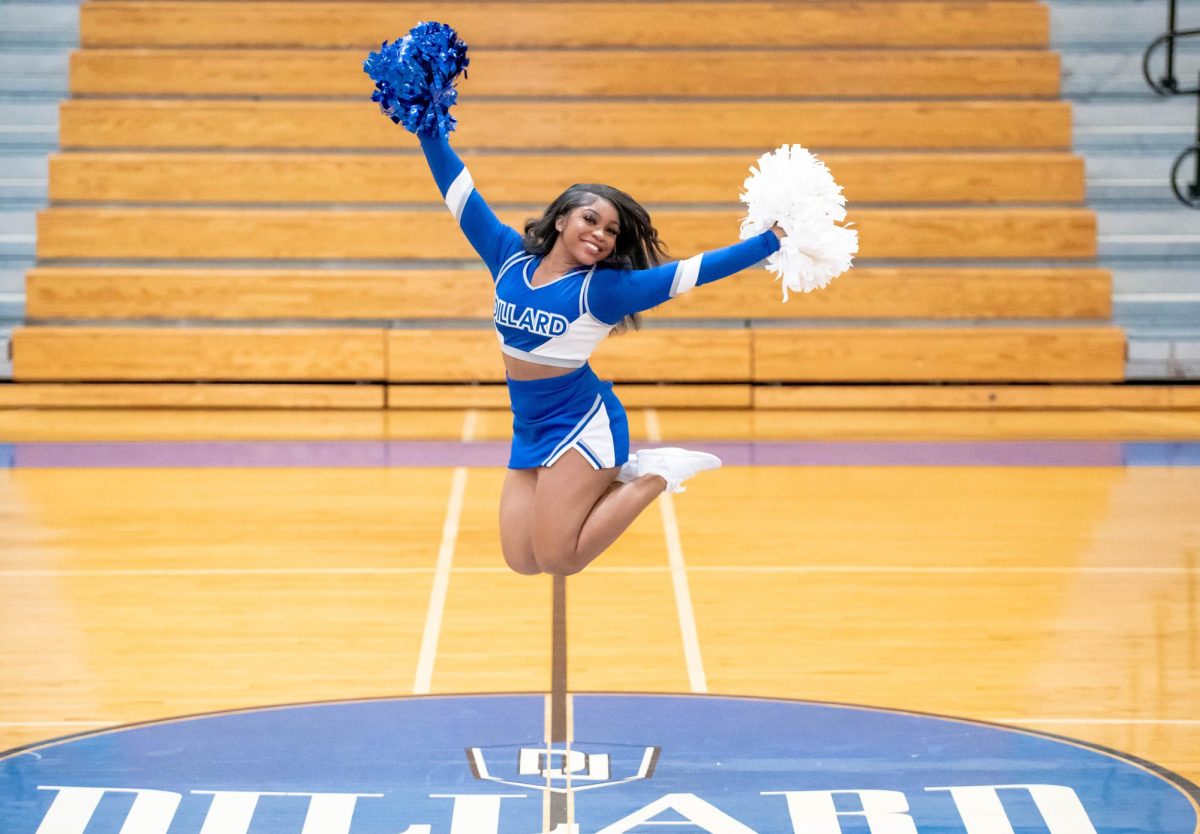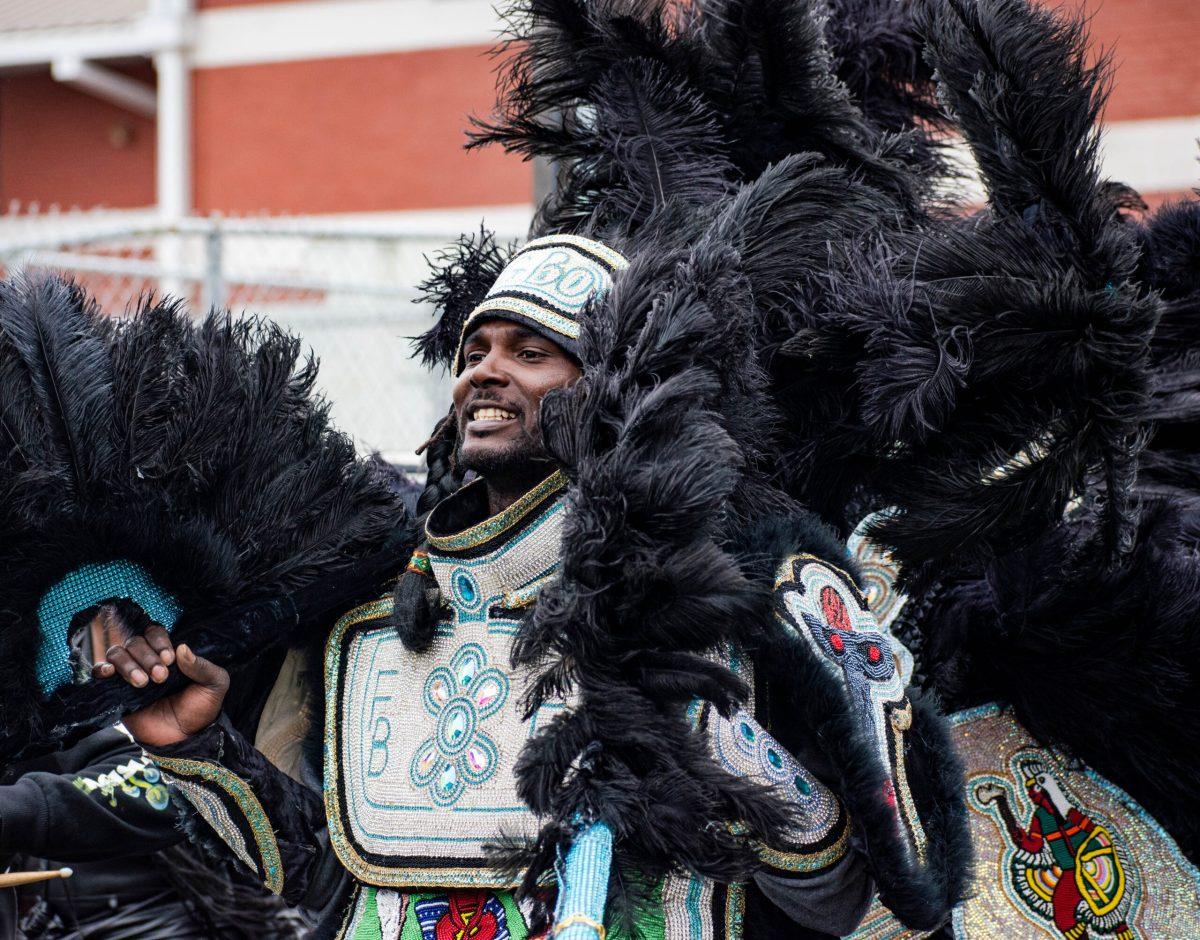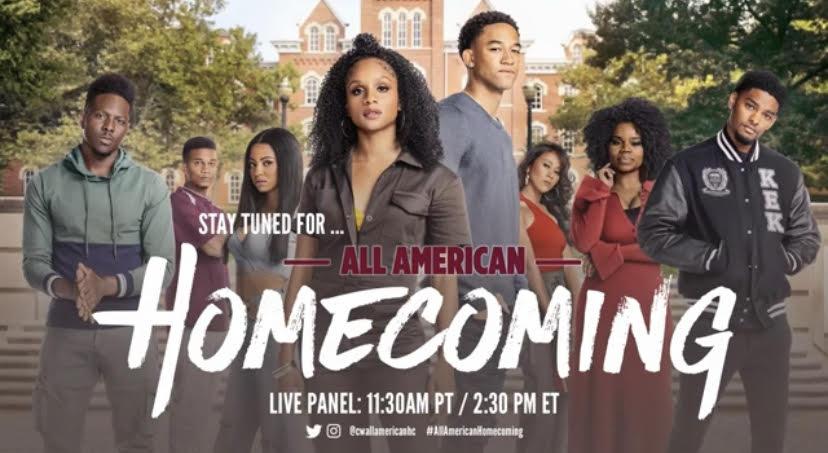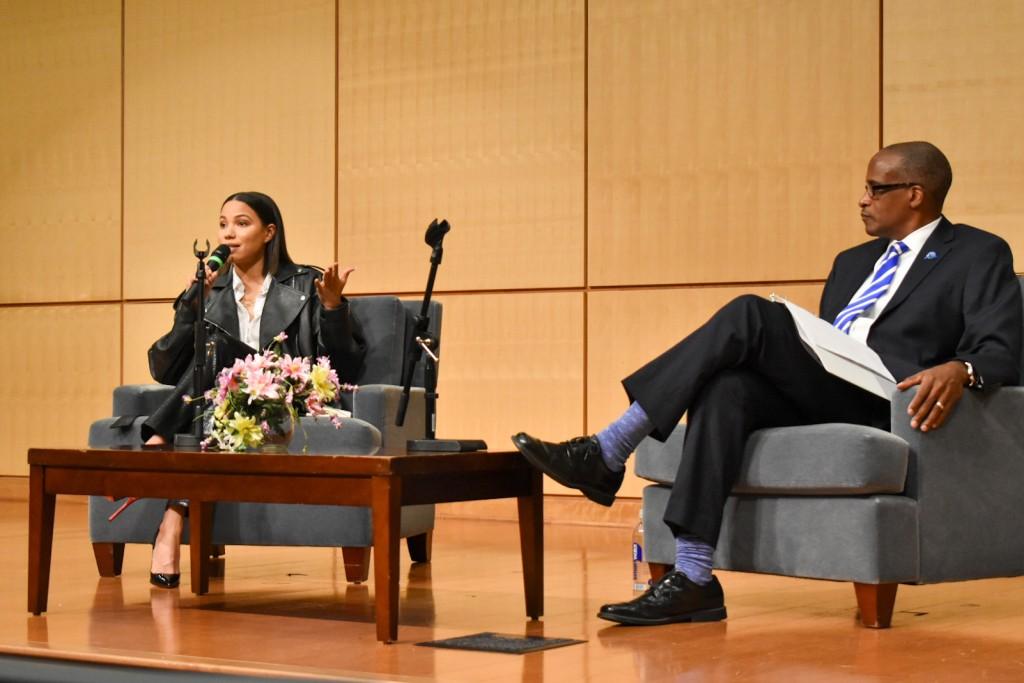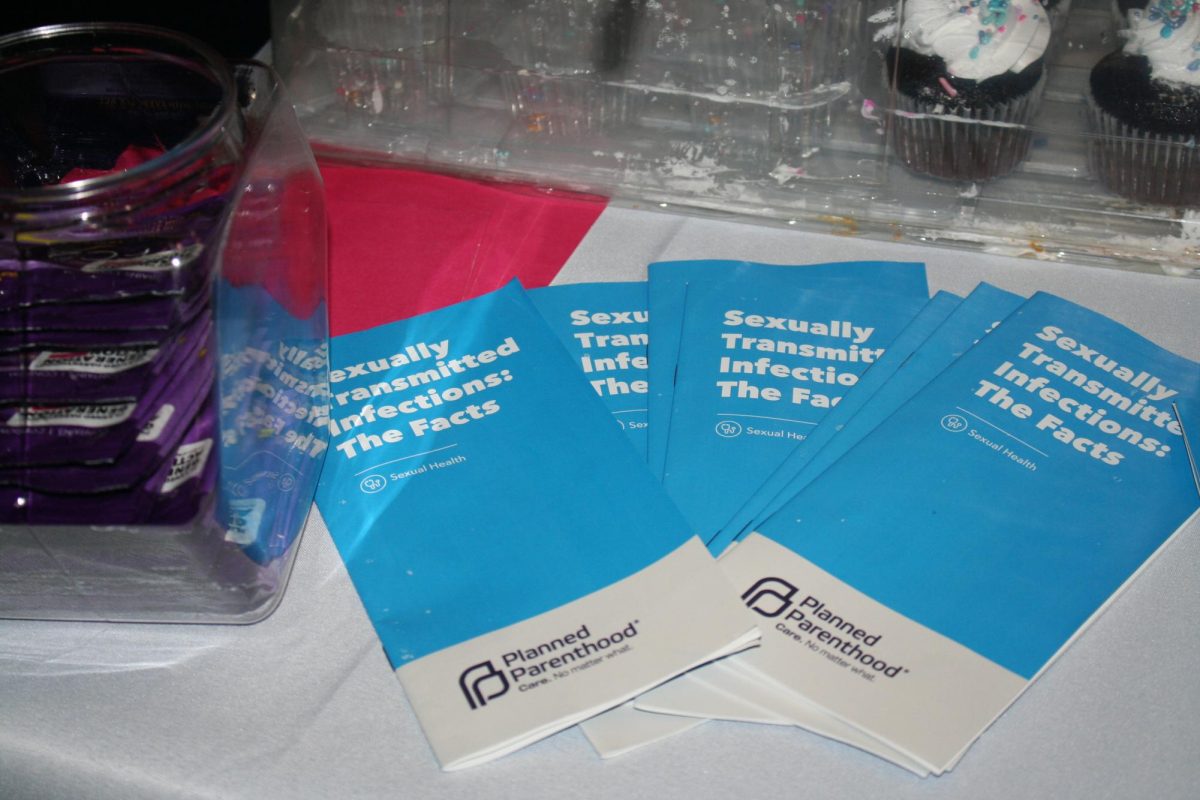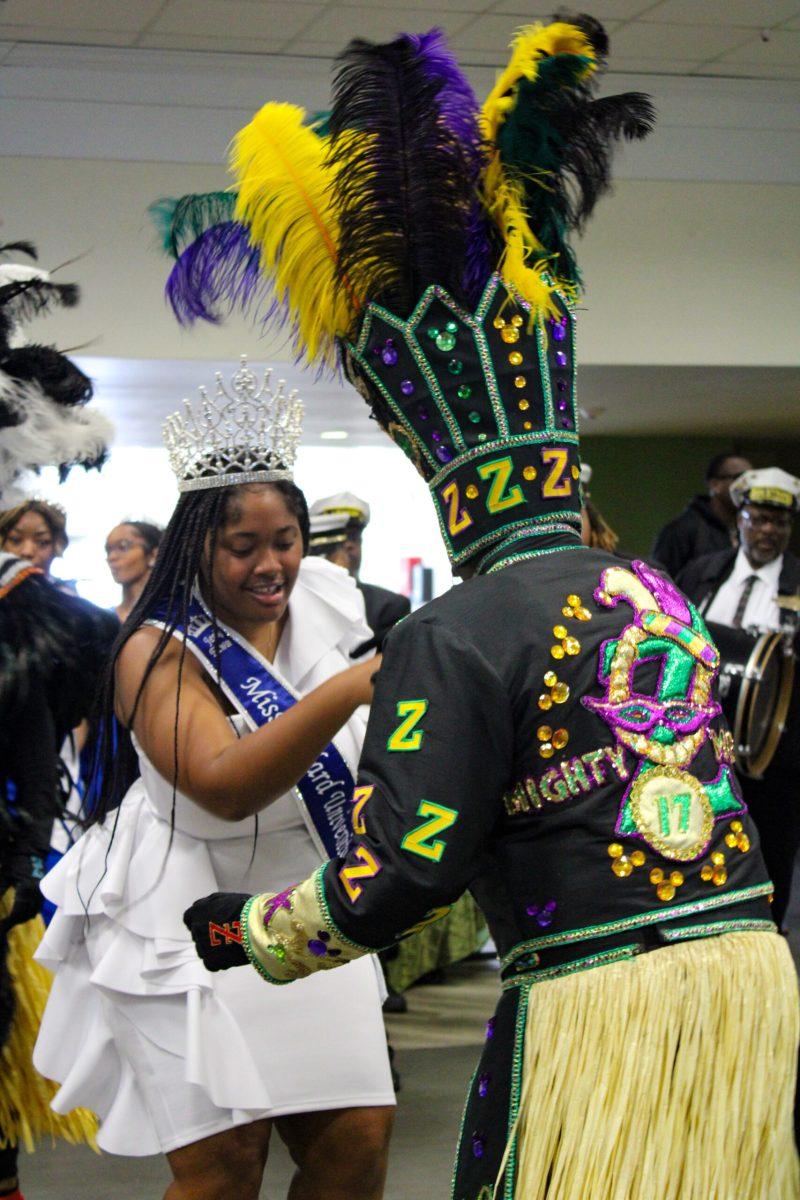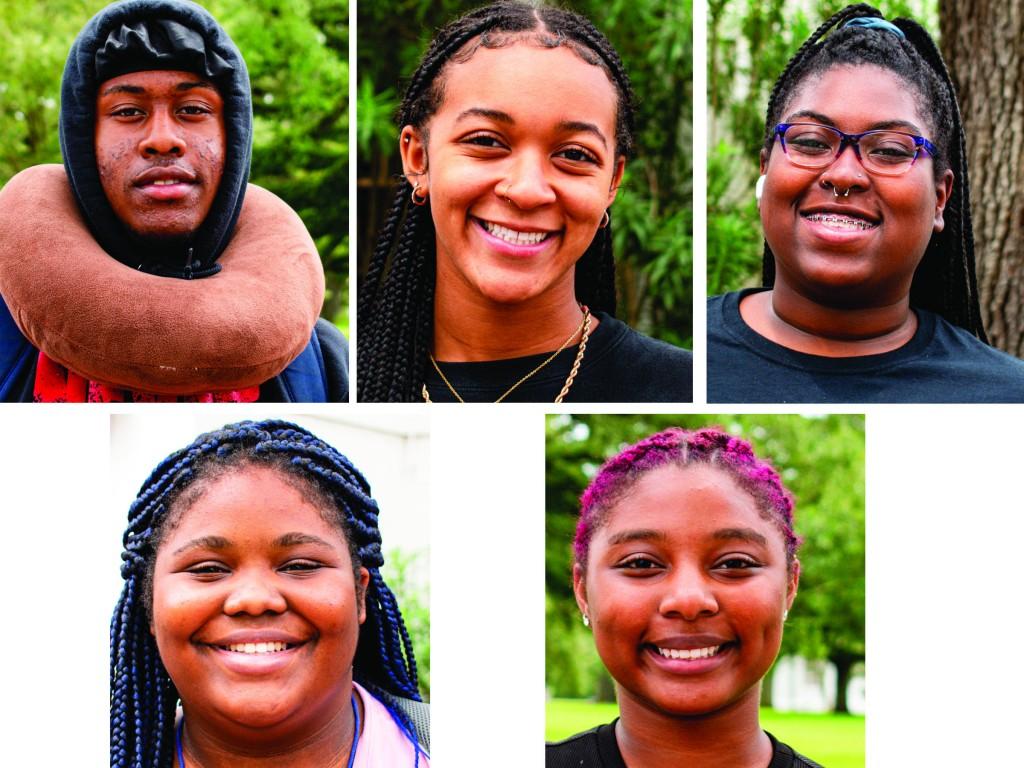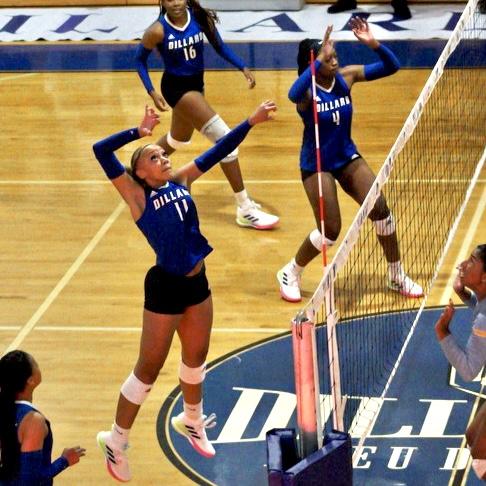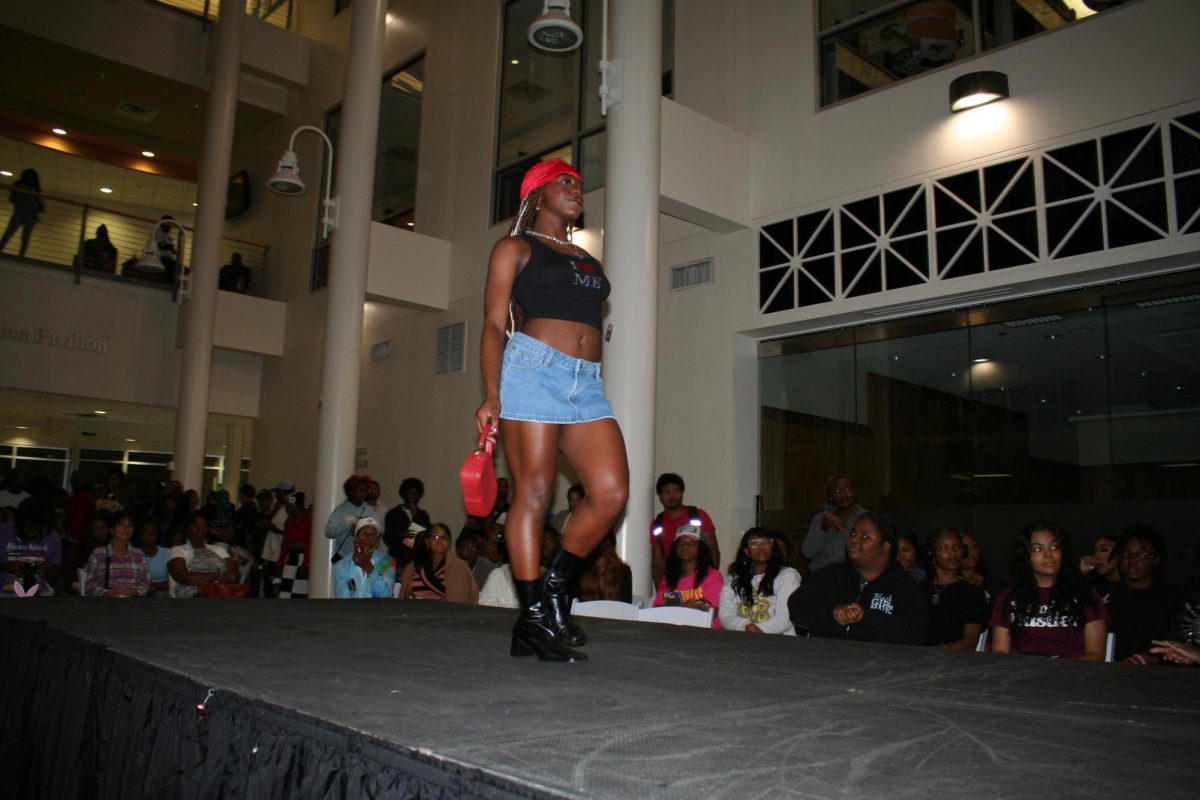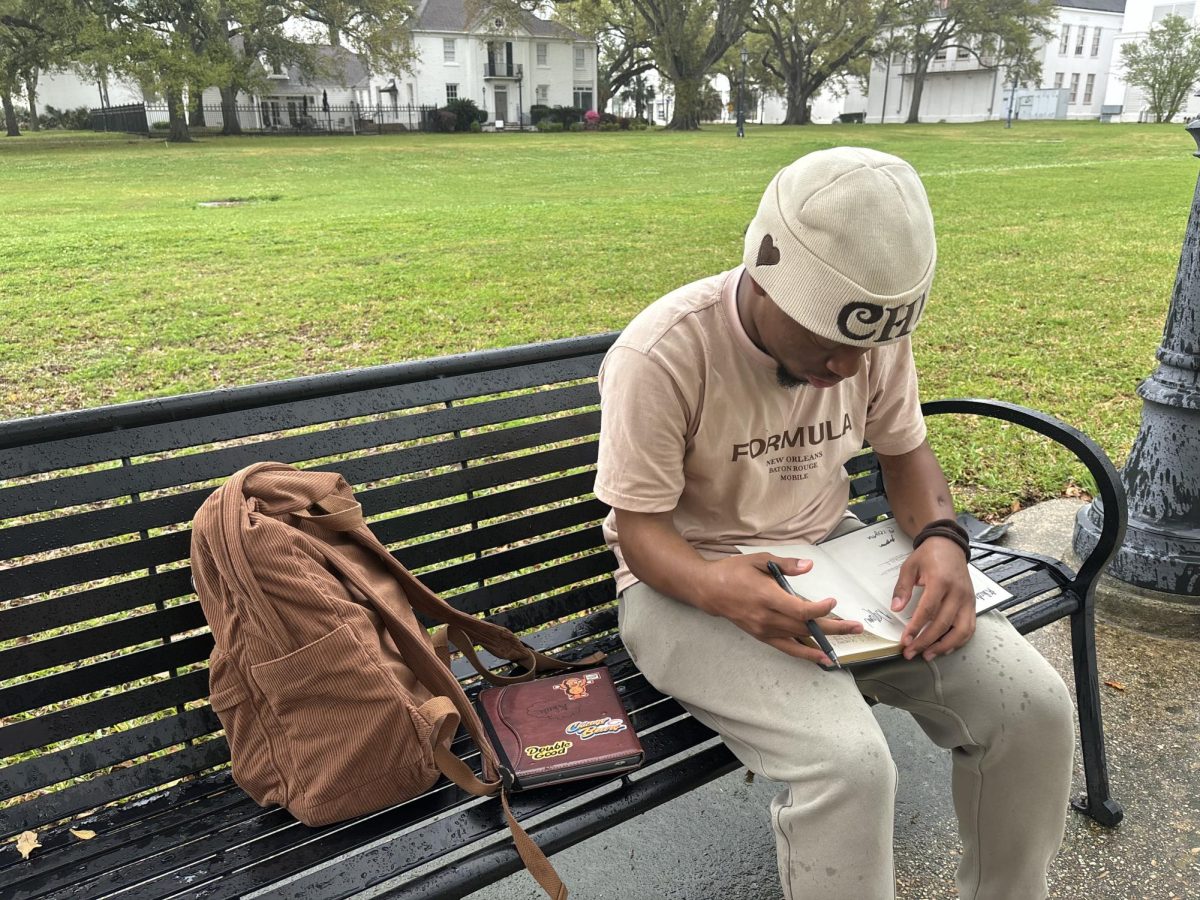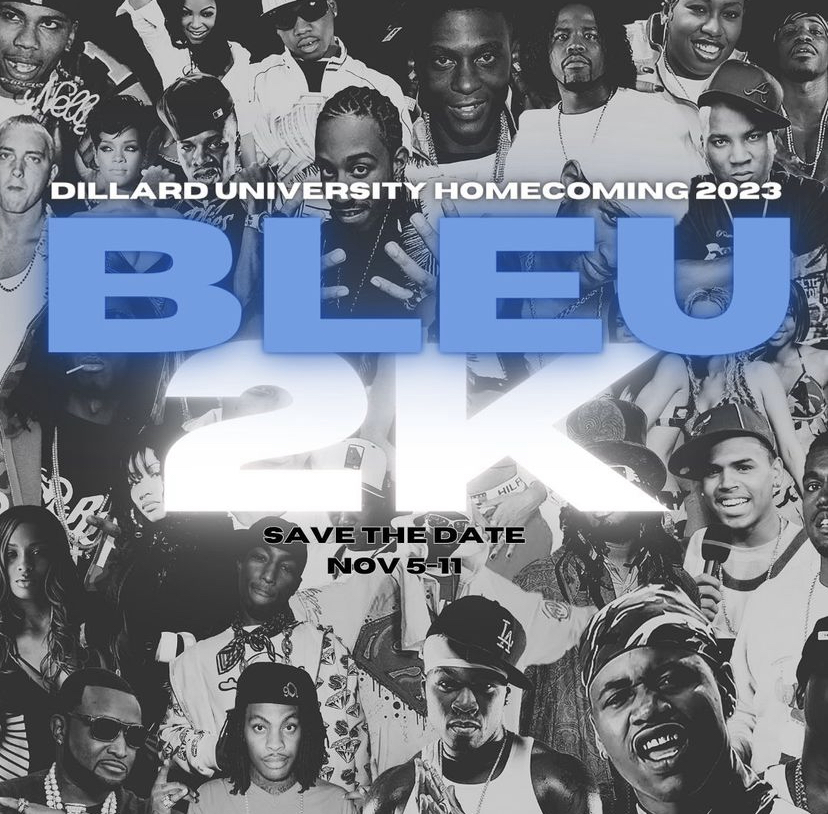Perhaps you’ve heard the saying: I can talk badly about my mother all day long, but the second someone else has something negative to say, we have a problem. While the logical argument is, “Well, you were doing it, so I thought it was OK,” chances are it won’t get you very far.
A considerably chastened Senate Majority Leader Harry Reid certainly understands that difference now, it would appear. Reed, a Nevada Democrat, issued a public apology to President Obama after a private conversation was cited in the newly released book “Game Change” in which Reid described the then-presidential candidate as a “light-skinned” African-American “with no Negro dialect, unless he wanted to have one.”
The comments prompted considerable discussion and outrage among many. But can we, as members of the African-American community, really be upset with his comments when we often choose the same type of language to describe each other?
“Colorism,” a form of discrimination in which human beings are accorded differing social treatment based on skin color, is “the crazy aunt in the attic of racism,” according to DeNeen L. Brown, a Washington Post staff writer. And Reid’s comments afford an opportunity for discussion and awareness-building within the black community itself on why we must stop this.
While we might not recognize the name, hardly anyone is unaware of the sad history of “intra-racism” dating from slavery days with the “house slave” and the “field slave,” which evolved into “paper bag test” for lightness among Creole families and even in black fraternities and sororities as captured in Spike Lee’s 1988 film “School Daze.” But perhaps we are not as aware as we could be of the residual mindset that still lingers.
For example, a flyer for a Fourth of July party in Atlanta last summer advertised as the event as “light-skinned vs. dark-skinned.” A local DJ and party promoter prompted an outcry in July 2007 and was forced to cancel he planned for “light-skinned” blacks at a downtown Detroit club. (He claimed he planned parties for other shades of black later.) A March 2005 report by ABC’s John Stossel reported an experiment in which 60 photos were shown to blacks and whites, with some of the photos shown twice – once with their skin tones darkened. He reported both blacks and whites gave lower scores to people with darker skin. Stossel called black-on-black discrimination “an open secret in the black community.”
Even more importantly, people our own age bear the scars of being singled out within our own culture for not being the right shade of brown. For example, a student here at Dillard mentioned during a class discussion how she was told while growing up that she was very pretty “for a dark girl.” Another person shared the opposite experience of being castigated for being “light” and “acting or sounding white.”
How disgusting. We distinguish each other by color entirely too often. We must rid ourselves of thinking that being articulate is “sounding white” and having good manners is “acting white.” Who says whites have the monopoly on being articulate and well-raised? Sounding like mainstream America is not equivalent to abandoning your race.
What we, as human beings as a whole, fail to realize is that race ties in a certain group of people, but that is where the similarities end. We are all individuals. So to single out, talk about, ridicule or hate someone of your own race for something they have no control over is even more despicable than the comments made by Reid. We, as African-Americans, must include, praise and promote love among each other because too many others have the hatred part covered.
We must look at ourselves in the mirror and realize that change has to start with us.
(For a fascinating in-depth discussion on the legacy of colorism, read the July 12, 200, Washington Post article “Through the Past, Darkly,” by DeNeen L. Brown.)

